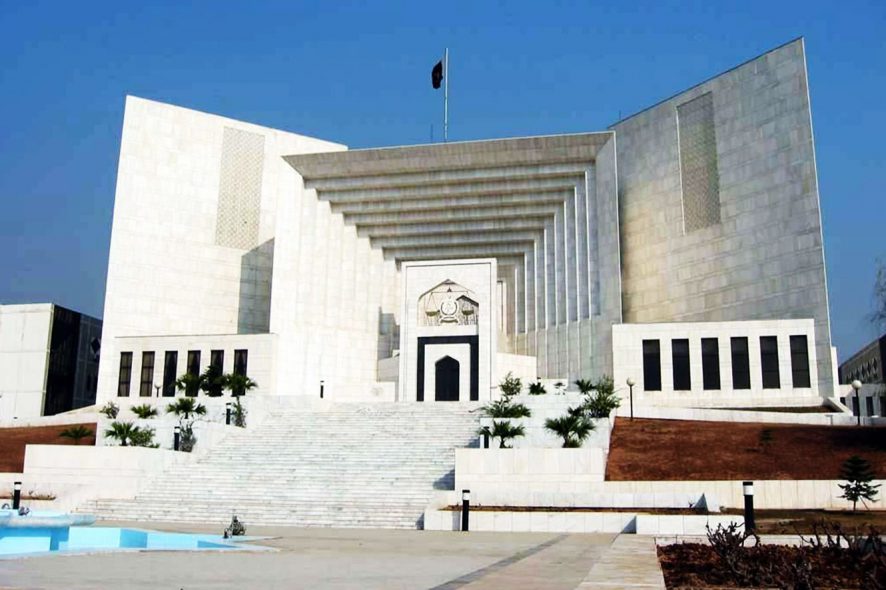Pakistan Supreme Court: A Full Bench of Manzoor Ahmad Malik, Syed Mansoor Ali Shah, Qazi Muhammad Amin Ahmed, JJ. allowed a criminal appeal against a conviction order under Section 302 (b) of Pakistan Penal Code, 1860 which was passed on the basis of confessional statements.
Appellants herein were tried before trial court for committing murder of a minor. As the investigation progressed, the accused were hauled up by the police and produced before a Judicial Magistrate when they, one by one, confessed the guilt. They were convicted under Section 302(b) of PPC and sentenced to death. The conviction order was upheld by the Peshawar High Court. Hence, the instant appeal.
The counsels for the appellants, Khalid Mehmood and Zahoor Qureshi, contended that reliance on confessional statements by the Courts below was fraught with multiple errors, heavily impinging upon the principle of safe administration of criminal justice; according to him, the statements were inherently flawed; these were contradicted by prosecution’s own witness, a dichotomy that escaped notice of the courts below.
The Court noted that since the appellants had been handed down the ultimate corporal penalty which was irreversible in nature on the basis of their confessions, the said confessions warranted careful scrutiny.
It was noted that both the appellants appeared before the Magistrate one after another on the same date which was quite intriguing. Both of them conducted themselves in a comfortable unison even in an extreme crisis situation; and both were in tune with the prosecution, which reasonably excluded the hypothesis of voluntary disclosure, free from taints of inducement or persuasion. The Court observed that it appeared to be more of a negotiated settlement rather than a volitional representation as there was a remarkable similarity in both the statements, in terms of sequential order as well as the pattern these were reduced into writing.
The Court observed that “The fate of the prosecution’s case is hinged upon confessional statements, made by the convicts before a Magistrate and it is on the basis of their disclosures that they have been handed down the ultimate corporal penalty, irreversible in nature and thus warrants most careful scrutiny.” On overall analysis of the prosecution’s case, it was held that the confessional statements could not be relied upon without potential risk of error. The Court held that, “In the absence of evidentiary certainty, it would be unsafe to maintain the convictions on moral satisfaction that certainly cannot equate with legal proof.”
In view of the above, the appellants were held entitled the benefit of doubt and their appeal was allowed, thus setting aside the impugned judgments.[Muhammad Azhar Hussain v. State, 2019 SCC OnLine Pak SC 10, decided on 02-05-2019]







